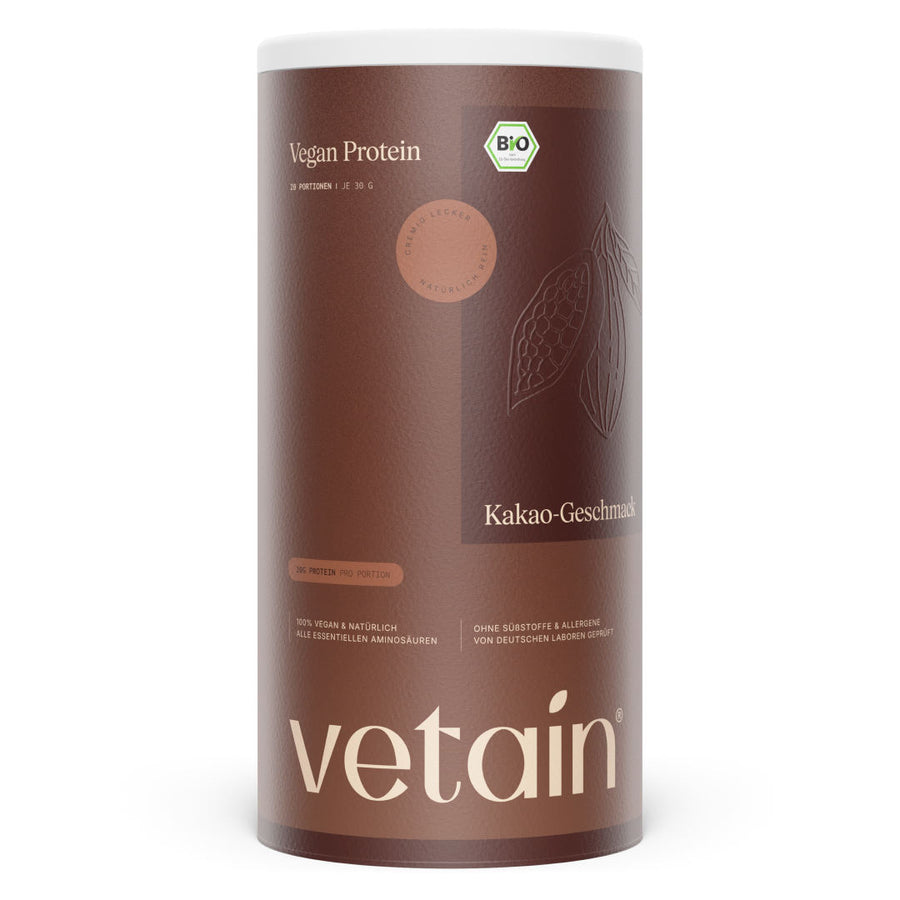protein is an essential part of our diet and important for many processes in our body. But this crucial macronutrient is also surrounded by many myths and misconceptions. In this article, we will debunk some of the most common myths about protein in nutrition and contrast them with scientifically backed facts.
Myth 1: More protein means more muscles
This is probably one of the most widespread myths. While protein plays a key role in muscle building, excessive protein intake does not automatically lead to more muscle mass.
Fact: The body can only effectively use a certain amount of protein. Excess protein is either stored as fat or excreted. For muscle growth, a balance between adequate protein intake, regular strength training and proper recovery is crucial. Consuming between 1.5 & 2 g of protein per kg of body weight daily is, in most cases, sufficient to provide your body with enough “building material” for muscles.
More on protein requirements: How much protein per kg?
Myth 2: Plant protein is inferior
It is often claimed that plant proteins are not as good as animal proteins because they do not contain all essential amino acids.
Fact: Many plant protein sources actually contain all essential amino acids, and even those that do not can be complemented through a varied diet. By combining different plant protein sources, vegans and vegetarians can obtain all the necessary amino acids. Make sure to include a diverse range of protein sources in your diet to cover all amino acids.
That’s also the reason why our Vegan Protein consists of 5 different protein sources. This gives us an exceptionally good amino acid profile.
%-product_content-%
Also interesting: A detailed comparison between animal and plant proteins
Myth 3: Protein shakes are necessary for everyone
Protein shakes are often seen as essential for muscle building and fitness.
Fact: Protein shakes can be a convenient way to increase protein intake, but they are not necessary for everyone. A balanced diet with sufficient protein sources is usually enough to meet daily protein requirements. However, many people struggle to meet their protein needs in everyday life. You can therefore use protein powder optimally, for example, to enrich your meals with protein and more easily meet your protein requirements.
Here’s more info on your daily protein requirement.
Myth 4: Too much protein harms the kidneys
The belief that high protein intake is generally harmful to the kidneys persists.
Myth 5: All proteins are the same
It is often assumed that the source of protein is irrelevant as long as you consume enough of it.
Fact: The quality of protein, measured by its digestibility and amino acid profile, varies depending on the source. Animal proteins are generally more complete in terms of essential amino acids, but plant proteins can be complemented through a balanced diet to provide a complete amino acid profile.
%-split_content-%
Conclusion
Protein is an indispensable macronutrient, but it is important to rely on facts rather than myths to ensure a healthy and balanced diet. Whether from animal or plant sources, including a variety of proteins in your diet, along with balanced training and lifestyle, is the key to a well-rounded lifestyle.















 6 Min
6 Min
 Zuletzt aktualisiert am 14.01.2026
Zuletzt aktualisiert am 14.01.2026




